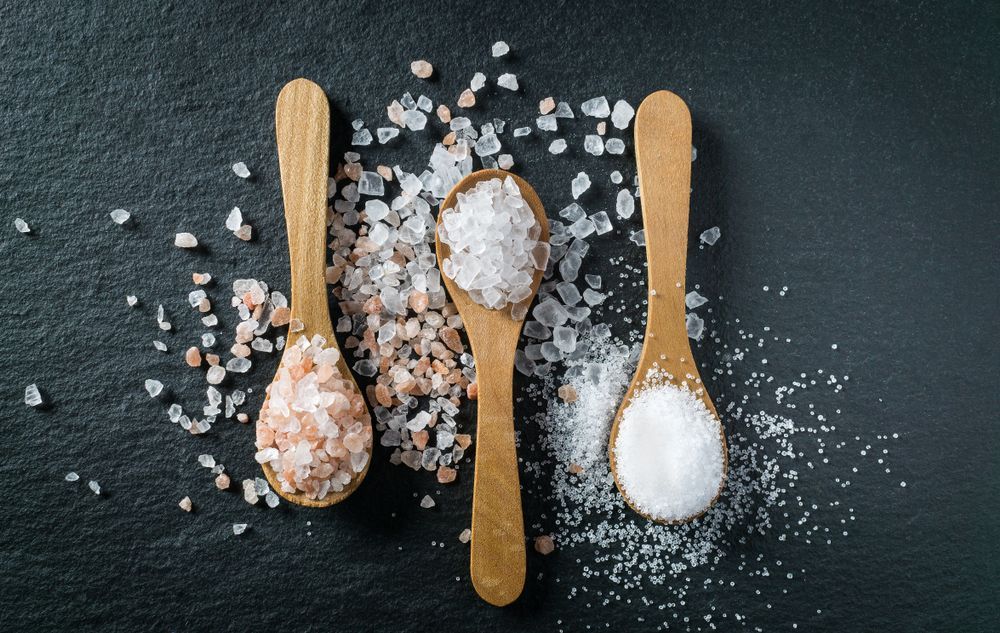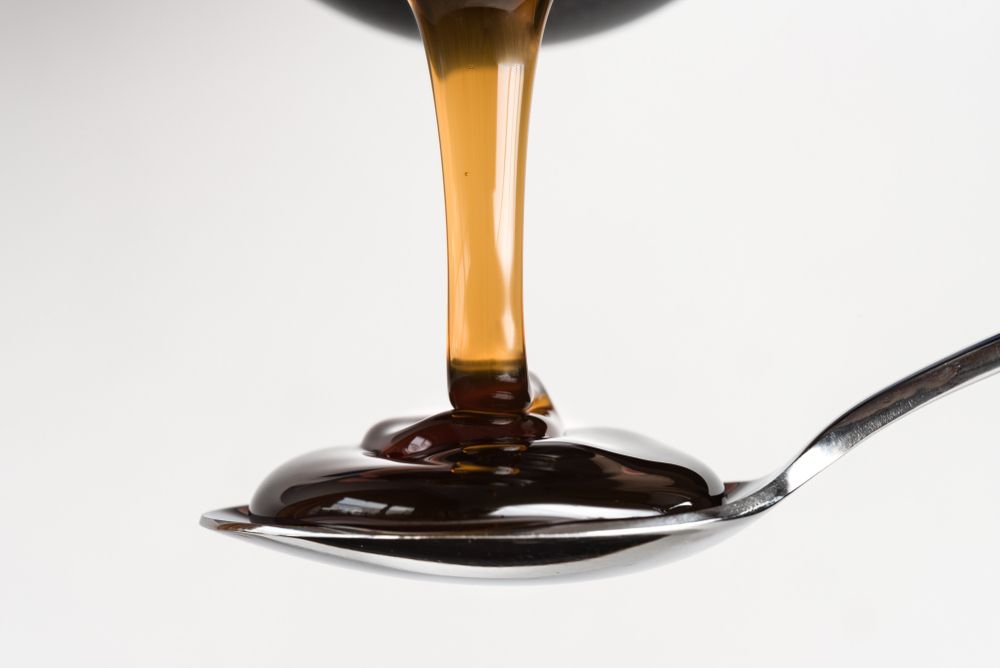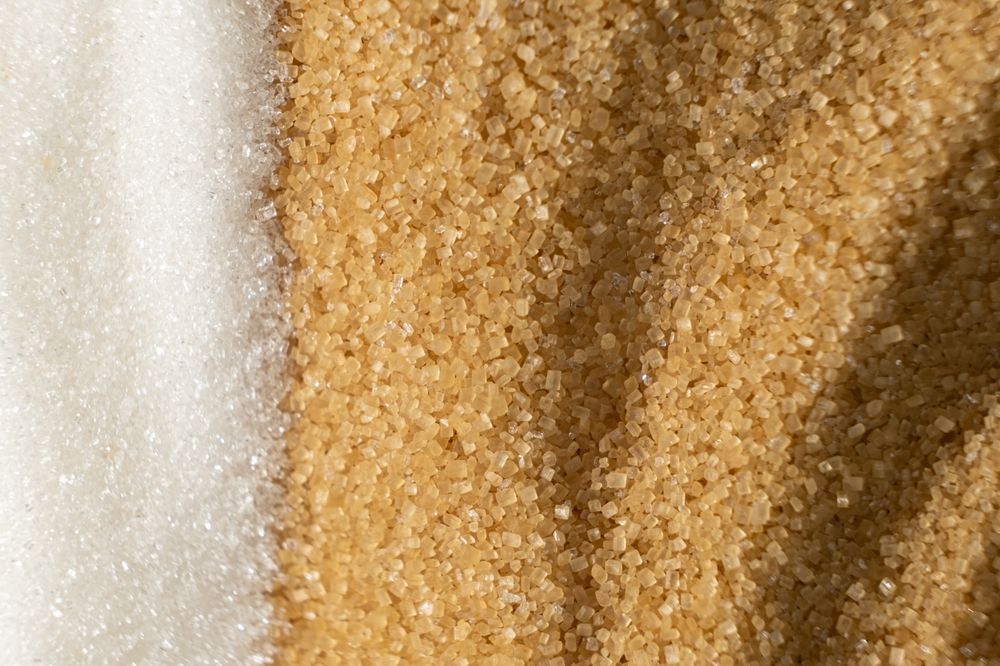Types of Natural Food Preservatives Used in Food Processing
Written by: Indiana Sugars
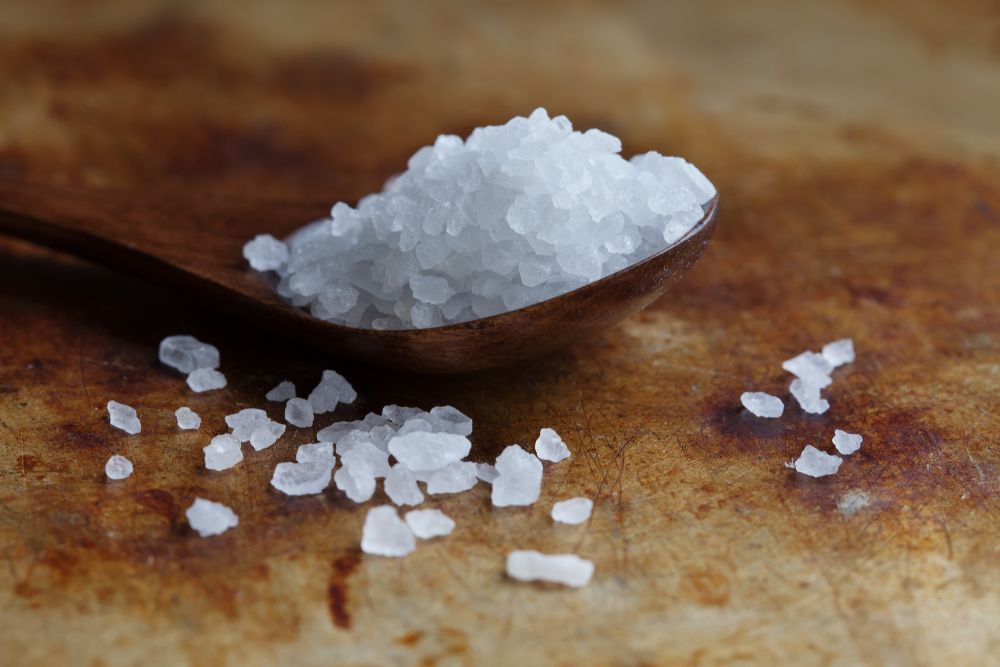
Especially if you're running a business with a professional kitchen, the importance of having the right preservatives at the ready cannot be overstated.
If you're going to be selling baked goods and other items to customers, you can't expect consumption to happen right away. Therefore, you want those items to last for as long as possible - which is where things like natural preservatives for food enter the conversation.
To that end, you have several distinct options to choose from depending on your needs. Understanding the types of natural preservatives for food that are available will help you make the most informed decision possible when it comes to your own cooking and baking goals.
What Are Natural Food Preservatives?
Natural preservatives, as the term implies, are those derived from natural sources. They're still intended to help extend the shelf life of foods and baked goods as much as possible, but they do so in a slightly different way than artificial ones.
Artificial preservatives are synthetically produced. Natural food preservatives, on the other hand, are organic - which means people typically see them as safer. Many assume they also have fewer potential side effects as well.
5 Common Natural Preservatives Used in Food Processing
Depending on exactly what type of food you're processing, there are many distinct types of natural preservatives that you will encounter. They include but are not limited to those like the following.
Citrus Fruits
The citric acid in fruits like lemons, limes, and even oranges acts as an antimicrobial agent, which is great for food preservation. The ascorbic acid found in these fruits also helps to preserve the color of many of these items, along with other nutrients.
Sweeteners
Natural sweeteners that also act as food preservatives include things like honey, maple syrup, and even agave. Here, the high sugar content helps reduce the water activity in whatever food items you're cooking or baking. This makes it much harder for microorganisms to thrive and prematurely spoil the food.
Herbs and Spices
Examples of herbs and spices that act as natural food preservatives include rosemary, thyme, cloves, cinnamon, and more. The herbs and spices contain essential oils that actually disrupt the cellular function of any microorganisms, thus slowing their growth and often even stopping all activity.
Garlic
Garlic is another example of a natural food preservative that acts as an antimicrobial agent. It helps prevent the growth of not only bacteria and fungi but also yeast as well.
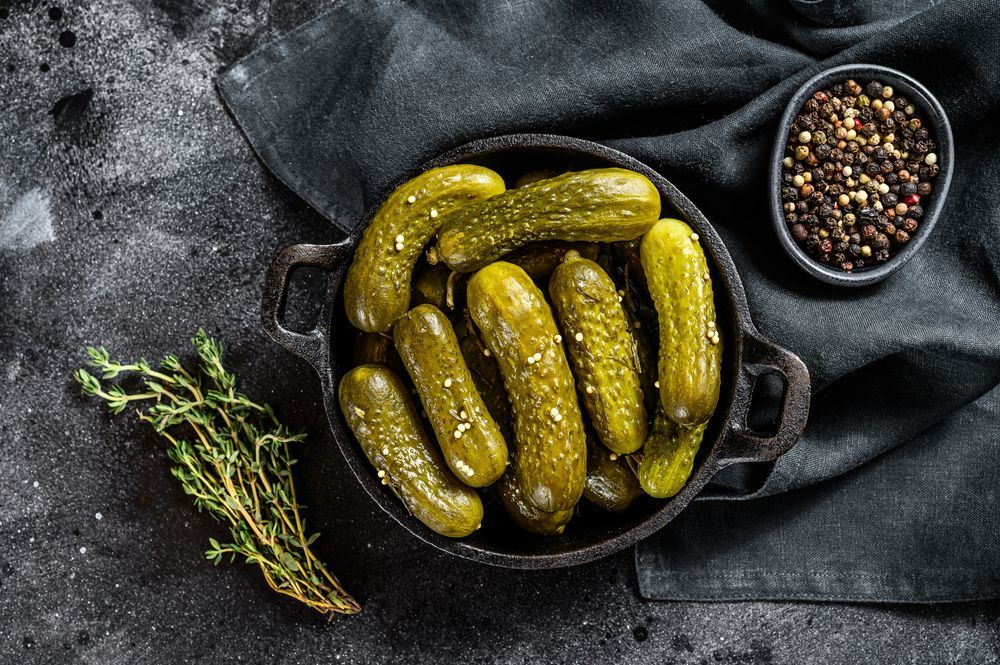
Natural Oils
Finally, we arrive at natural oils like olive oil, mustard oil, and even coconut oil. The thing that makes these such an effective natural food preservative has to do with the high-fat content. When paired with the antioxidants that are also present, it helps reduce oxidation - which preserves the texture of foods, among other properties.
Why Choose Natural Preservatives?
The main benefit of choosing natural preservatives has to do with how they're seen as a healthier alternative to synthetic ones. Many synthetic preservatives have side effects, especially when they're consumed over the long term. Natural food preservatives are less likely to cause allergic reactions, too.
Another primary reason why people pick natural food preservatives in food processing has to do with environmental sustainability. Many natural preservatives, like herbs, spices, and plant oils are derived from renewable sources, making them more environmentally friendly than synthetic chemicals, which may involve industrial processes that are resource-intensive and contribute to pollution.
From a short-term perspective, natural food preservatives are also better for preserving nutrients as well. Some artificial preservatives can reduce the nutritional value of food, thus negating one of the primary reasons for enjoying something in the first place. This isn't true with a lot of natural preservatives.
Natural Preservatives vs Artificial Additives
The major difference between natural preservatives and artificial additives comes down to the source. Natural preservatives are derived from plants, minerals, or even animals. Synthetic compounds are made in a lab.
Obviously, there is also a big consumer perceptive difference when it comes to these two topics, too. People often perceive anything natural as being safer, healthier, and all-around better than anything synthetic. Even if this isn't necessarily the case or if the differences are slim, this is still often true. Because of that, you may want to use natural food preservatives if for no other reason than to make sure they properly align with your brand.
Finally, one must consider the shelf life difference between natural preservatives and artificial additives. Artificial additives are arguably more effective in extending the shelf life of food because they're specifically designed for this purpose. Natural preservatives might not work for quite as long, largely because preservation is an added benefit and not the primary purpose of something. Obviously, this will vary depending on exactly what type of natural food preservative you're talking about.
Find Sweeteners in Food & Beverage Processing Today
Whether you're talking about natural food preservatives or any other important item, know that the team at Indiana Sugars is here for you. Before we ship any product out to our customers, it goes through a rigorous testing process in our in-house laboratory. We know how important freshness is to you, and we want you to know that we make it a top priority, too.
We take the time to get to know your business and your unique needs, all so that we can do whatever it takes to help. When you call in your order, we respond quickly. If you operate within a 300-mile radius of our location, you'll likely have everything you need within just 24 hours. This is the level of care, commitment, and attention to detail that we promise you won't be able to find anywhere else.
If you have any additional questions about natural food preservatives that you'd like to discuss with someone in a bit more detail, or if you'd just like to place your next order so that you can get back to work in the kitchen, please don't hesitate to
contact the Indiana Sugars team today.

